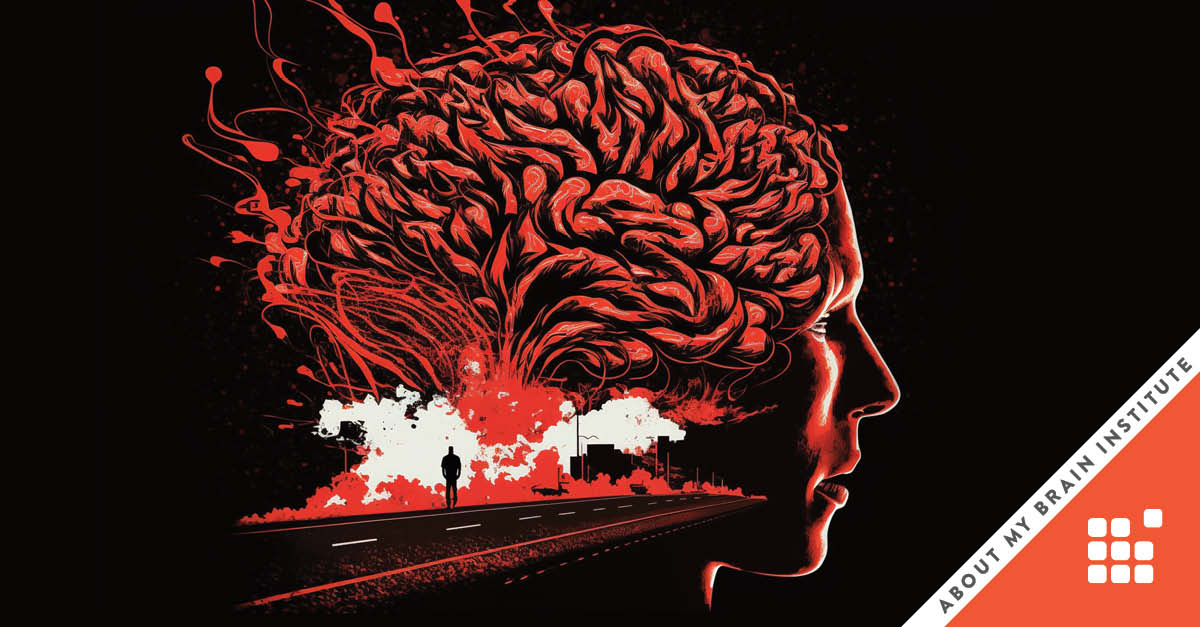The Power of Social Connections
Attribute: Social

Benefits of Developing Social Connections
Building strong social connections plays a pivotal role in our lives. Good social connections are more than just casual interactions; they are the building blocks of a harmonious and thriving life. By understanding the importance of relationships, actively cultivating connections and fostering a positive and inclusive social network, you can enjoy a more fulfilling and successful journey. Before delving into the benefits, let's lay the foundation by understanding what social connections entail:
Defining Social Connections: Social connections encompass the relationships and interactions we have with family, friends, colleagues and other individuals in our communities.
The Value of Relationships: These connections are not just incidental; they form the backbone of a positive life experience, fostering collaboration, support and a sense of belonging. Good social connections contribute to a more enjoyable and satisfying life experience. The camaraderie and positive interactions create a pleasant atmosphere. Strong relationships often lead to improved collaboration and support. When people feel connected and valued, they are more likely to work together efficiently and productively. Social connections offer emotional support during challenging times. Having friends and family to lean on can reduce stress and boost overall mental health.
Improved Mental Health: Strong social connections help reduce feelings of loneliness and isolation, which can lead to better mental health and decreased risk of depression and anxiety.
Enhanced Physical Health: Socially connected individuals often have better health outcomes, including lower blood pressure, reduced risk of chronic illnesses and a longer lifespan.
Increased Happiness and Life Satisfaction: Positive interactions and relationships contribute to a greater sense of happiness and overall satisfaction with life.
Personal Growth and Development: Engaging with a diverse group of people can expose you to new perspectives and experiences, fostering personal growth and development.
Newsletter
Assess the Status of Your Social Connections
Consider these self-reflective questions:
- How satisfied am I with the quality and depth of my current relationships and connections?
- What positive contributions have I made to my social network recently, and how have these actions affected my relationships and interactions?
- What steps can I take to proactively nurture and expand my social network, aligning it with my personal goals and aspirations?
By pondering these questions, you can gain valuable insights into how you are doing when it comes to social connections.
Keep reading ↓
Develop Social Connections
Share Personal Stories and Experiences Open up and share your own stories and experiences with others. This vulnerability can create a deeper connection and encourage others to share their own stories in return. Personal storytelling helps build trust and understanding, making your relationships more meaningful and genuine.
Practice Regular Check-Ins Make it a habit to check in regularly with your friends, family, and colleagues. Simple gestures like a quick message, a phone call or a casual meetup can keep your relationships strong and show that you care. Regular check-ins help maintain and strengthen your social bonds over time.
Show Appreciation and Gratitude: Express gratitude and appreciation for the people in your life. Acknowledge their efforts, celebrate their successes and thank them for their support. Showing appreciation not only makes others feel valued but also reinforces positive feelings and strengthens your connections.
By implementing these strategies, you can cultivate strong social connections that lead to improved collaboration, a more enjoyable life atmosphere and potentially enhanced personal growth. Remember that investing in relationships not only benefits you personally but also contributes to a healthier and more fulfilling life for everyone.

Explore the Items
Read each article!
Supporting content
Balance Articles
Check out the latest blogs to learn more about this topic!

Learning To Be Calm: The Neuroscience Behind Workplace Stress

Impulse Control In Leadership

How Energy & Vitality Enhance Your Performance
Bibliography
This article has been inspired by the following sources:
- Cacioppo, J. T., & Cacioppo, S. (2014). Social relationships and health: The toxic effects of perceived social isolation. Social and Personality Psychology Compass, 8(2), 58-72. https://doi.org/10.1111/spc3.12087
- Holt-Lunstad, J., Smith, T. B., & Layton, J. B. (2010). Social relationships and mortality risk: A meta-analytic review. PLoS Medicine, 7(7), e1000316. https://doi.org/10.1371/journal.pmed.1000316
- Umberson, D., & Montez, J. K. (2010). Social relationships and health: A flashpoint for health policy. Journal of Health and Social Behavior, 51(1_suppl), S54-S66. https://doi.org/10.1177/0022146510383501
- Seppala, E., Rossomando, T., & Doty, J. R. (2013). Social connection and compassion: Important predictors of health and well-being. Social Research: An International Quarterly, 80(2), 411-430. https://doi.org/10.1353/sor.2013.0027
- Cohen, S. (2004). Social relationships and health. American Psychologist, 59(8), 676-684. https://doi.org/10.1037/0003-066X.59.8.676
- About My Brain Institute. (2023). Bringing people back together to maintain social cohesion & wellbeing. Retrieved from https://www.aboutmybrain.com/blog/bringing-people-back-together-to-maintain-social-cohesion-wellbeing
- About My Brain Institute. (2018). Helping leaders overcome biases that block true connections. Retrieved from https://www.aboutmybrain.com/blog/helping-leaders-overcome-biases-that-block-true-connections

